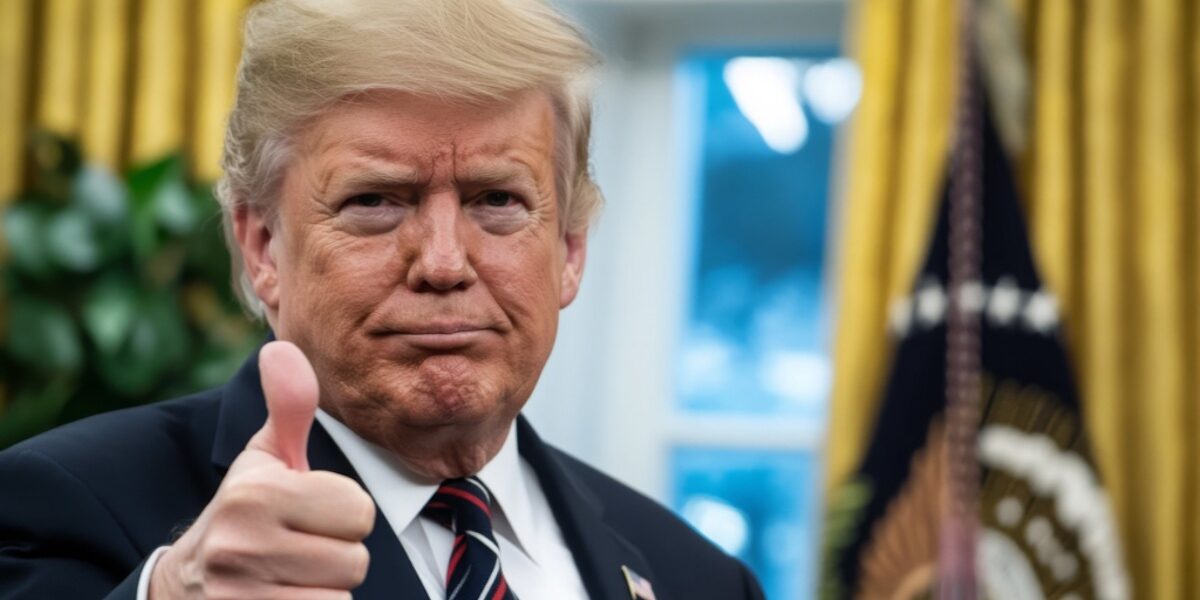Trump imposes 25% tariff on imported cars, escalating global trade tensions

U.S. President Donald Trump has announced a 25% tariff on imported cars and car parts, a move set to reshape the global automotive industry and escalate ongoing trade conflicts.
The new tariff, aimed at revitalizing domestic car manufacturing, was scheduled to take effect on Wednesday, April 2, with duties on imported vehicles enforced the following day. However, tariffs on car parts have been postponed, with implementation expected in May or later.
Defending the policy, Trump stated during a press conference, “If you build your car in the United States, there is no tariff,” underscoring his administration’s push to reduce reliance on foreign imports and boost American production.
He insisted that the measure would drive “tremendous growth” in the U.S. automotive sector, creating jobs and encouraging investment.
Industry concerns and economic impact
Despite Trump’s optimistic outlook, industry experts warn that the tariffs could have severe economic consequences. The 25% duties are expected to disrupt supply chains, temporarily halt some vehicle production, and significantly raise car prices.
Analysts estimate that the additional costs could add between $4,000 and $10,000 to the price of a new vehicle, depending on the model.
With the U.S. importing around eight million vehicles annually—valued at approximately $240 billion—these new tariffs could have widespread implications for the industry.
Impact on global trade and key partners
Mexico, the leading supplier of vehicles to the U.S., alongside South Korea, Japan, Canada, and Germany, is set to bear the brunt of the policy.
Many U.S. automakers operate manufacturing plants in Mexico and Canada, benefiting from longstanding trade agreements. The tariffs threaten to disrupt these operations and strain diplomatic and economic ties.
While the White House has confirmed that tariffs will apply to both finished vehicles and car components, imports of car parts from Canada and Mexico have been temporarily exempted while U.S. Customs and Border Protection develop an assessment system.
However, once these exemptions expire, both nations—critical trade partners with billions in cross-border commerce—could face a significant economic fallout.
As the global automotive sector braces for impact, industry leaders, trade partners, and policymakers are closely monitoring the situation, with potential retaliatory measures on the horizon.









